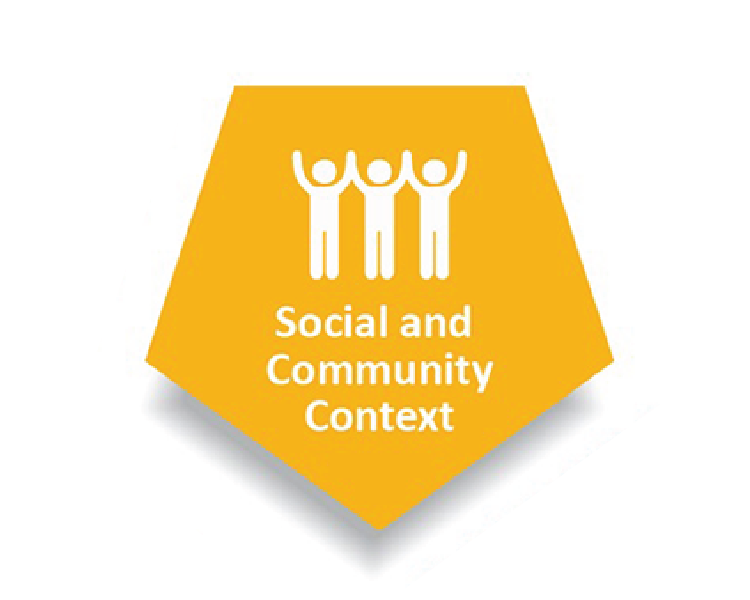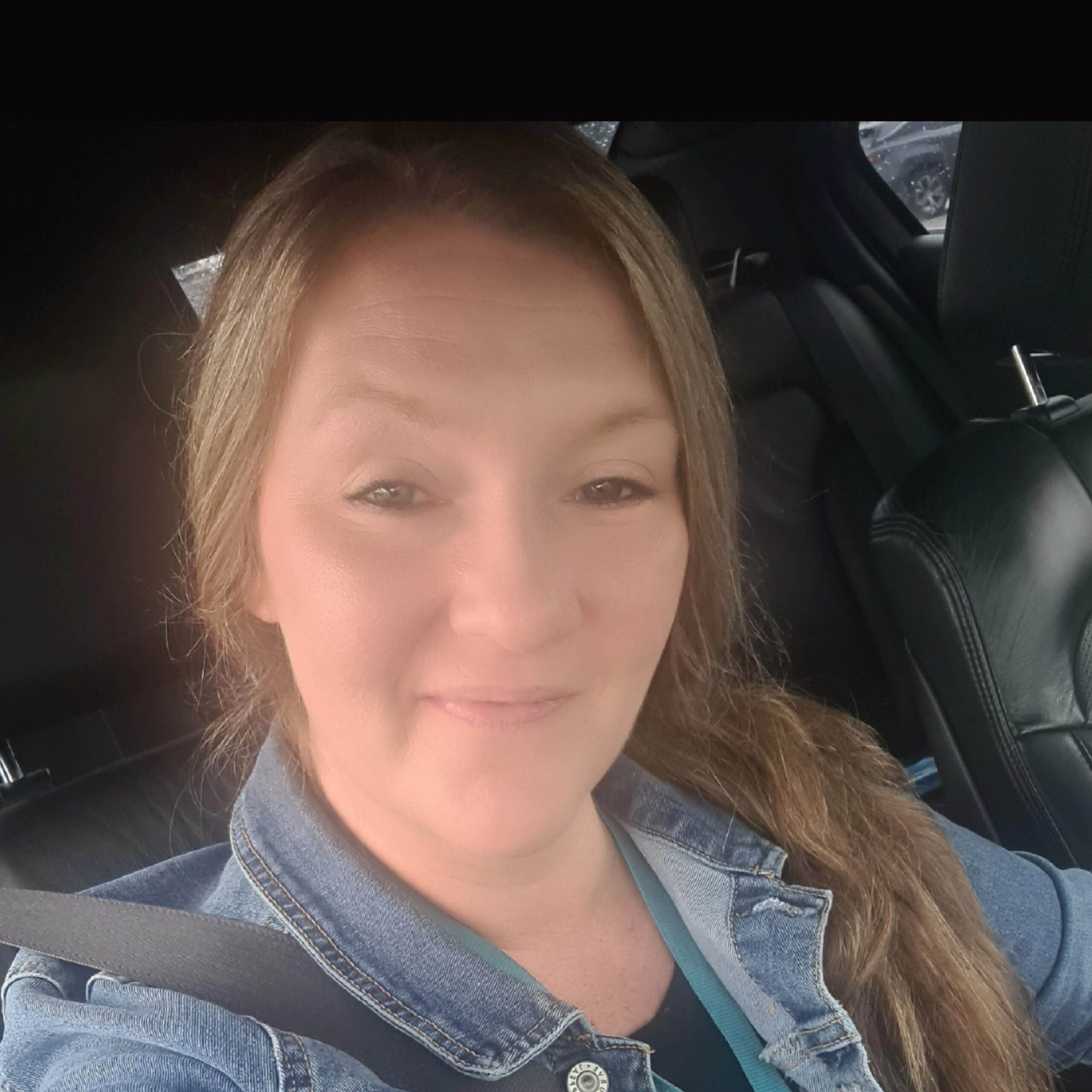Navigating early recovery is a challenge greater than many others we might face in our lives. It marks the beginning of a new life, pushing us into a space where we must relearn how to live a fulfilling life while maintaining our recovery. Even seemingly mundane aspects of life, such as morning routines, pose unique challenges in the early stages of recovery. Therefore, delving into more complex aspects like relationships can be a lot to handle. We often hear from recovery programs, “Don’t jump into relationships in early recovery.” While this holds true for many, others have found success in relationships that began early in their recovery journey. Let’s explore why relationships in early recovery are often not recommended and how to approach them with a healthy mindset.
Why Are Relationships in Early Recovery a Sensitive Topic?
Early recovery is new and sometimes delicate, making any drastic change to your daily life potentially risky for your journey if you’re not ready for it.
Another aspect of navigating recovery is letting go of old habits that you may have developed during active addiction. Codependency, particularly within relationships, is a commonly recognized habit within the recovery community. Learning how to approach relationships with a healthy mindset and strong boundaries is crucial for success. Often, people in early recovery have not yet established these strong boundaries in their interpersonal relationships, nor given themselves the opportunity to explore the world of recovery on their own. It’s important to explore your boundaries, and establish them before jumping into a new relationship – but only you know when the time is right for a new romantic connection!

Why To Take Caution When Dating in Early Recovery
Just Because You’re Sober, Doesn’t Mean Your Habits Have Changed Yet
Abstaining from active use is the first step in your recovery journey, but it’s not the only step. Learning how to develop healthy habits is critical for long-term success, which means staying away from things that trigger cravings, euphoria, and dependence.
Diving into a relationship early in recovery can sometimes fill the space in your life that substances once did, leading to codependent behaviors.
Maintaining Your Recovery Should be #1
Navigating early recovery is a significant task. Beginning your recovery, you’ll likely find yourself “catching up” in areas of your life that haven’t been tended to for some time. Whether it’s building healthy habits, taking care of your mental health, or adopting healthy ways to care for your body, it can occupy a lot of your time. This is entirely reasonable because these changes are the building blocks for a balanced life centered around recovery.
Introducing a romantic relationship into the mix can sometimes disrupt this balance. While starting a new relationship is exciting, it can become the primary focus. This intense focus on a new relationship, often unintentionally, diverts time and energy away from your new recovery practices. For this reason, it’s usually recommended to establish strong routines, boundaries, and habits before entering a relationship, and it’s important to understand that this process takes time.
Old Patterns Can Resurface
In intimate relationships, we are at our most vulnerable. Because we are more exposed in romantic relationships, we can sometimes find ourselves more likely to be triggered, sensitive, or falling back into patterns that feel comfortable. Some of these patterns, while comfortable, may have been established earlier in life or during active addiction. In early recovery, the primary focus is on developing new healthy habits and letting go of old patterns that no longer serve us.

It’s Important to Do What Works for You
There is no one-size fits all approach to recovery! Early recovery is a journey marked by rediscovery and personal growth. While the caution against relationships in this phase is well-founded, it’s crucial to remember that what works for one person may not work for another. Recovery is a highly individualized path, and success lies in finding an approach that aligns with your unique needs and circumstances. Whether it means waiting or taking a different route, the ultimate goal remains the same: lasting recovery and a healthier, happier life.

Learn About Healthy Relationships in Recovery
One of the most important parts of having healthy interpersonal relationships is maintaining personal boundaries. Learn more about boundaries, and how you can set them in various areas in your life, in our post about boundaries in recovery.



